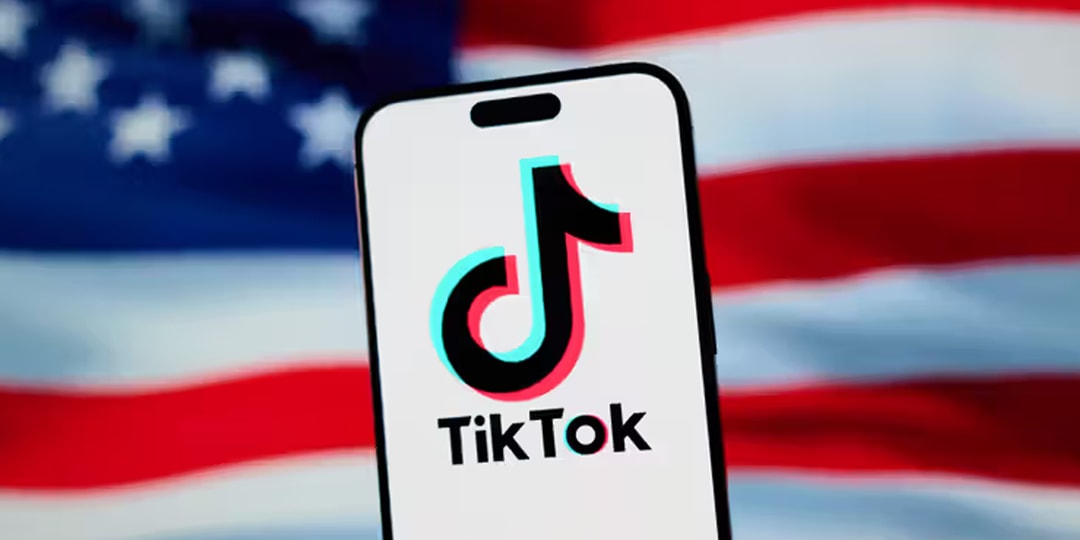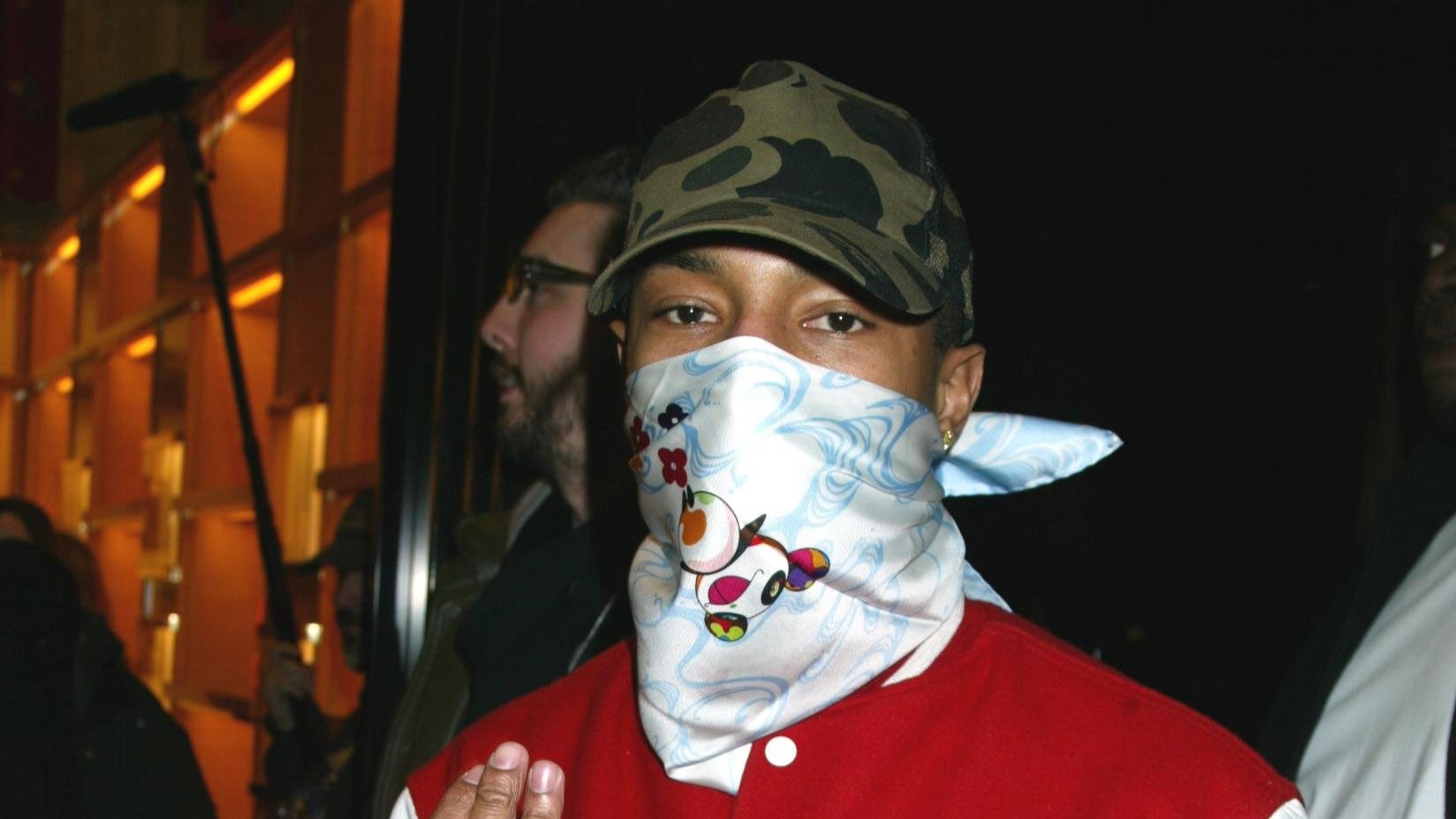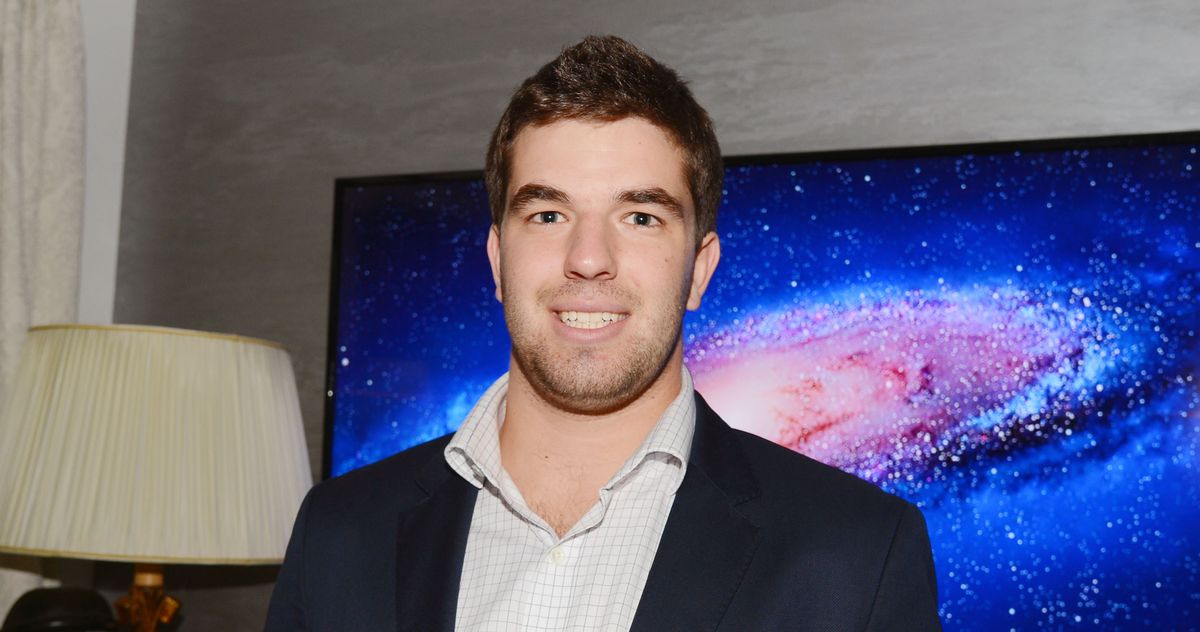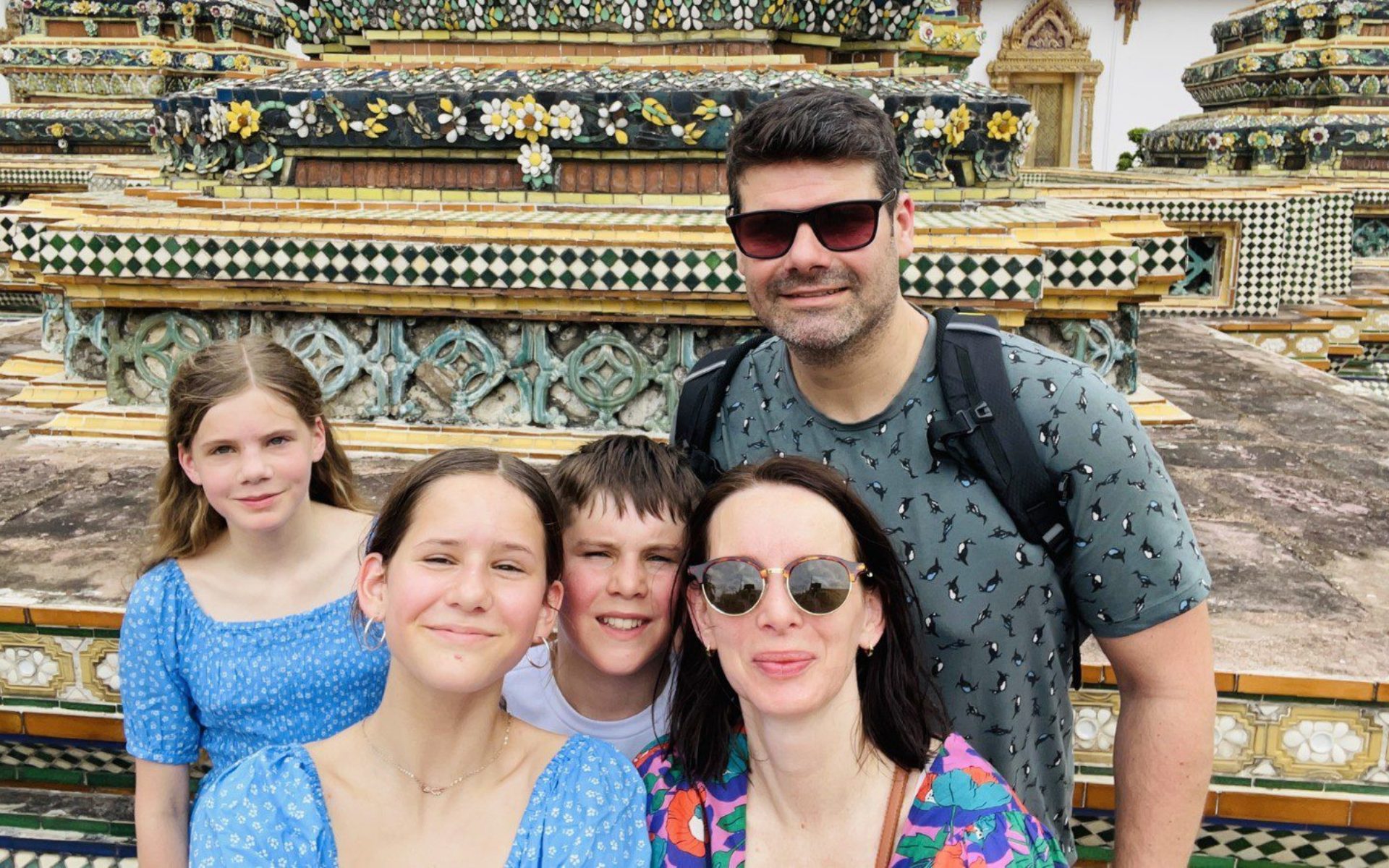Assassin’s Creed Syndicate did 2 protagonists first — and best
All the best Assassin’s Creed games are about family. The Ezio trilogy, long considered the peak of the series, is built on the tragic loss of Ezio’s family, and his fundamental loneliness. The game’s most iconic song — the one whose motif is colloquially known as “the Assassin’s Creed theme” — is titled “Ezio’s Family.” […]


All the best Assassin’s Creed games are about family.
The Ezio trilogy, long considered the peak of the series, is built on the tragic loss of Ezio’s family, and his fundamental loneliness. The game’s most iconic song — the one whose motif is colloquially known as “the Assassin’s Creed theme” — is titled “Ezio’s Family.” Assassin’s Creed Origins is the story of parents seeking vengeance after the death of their son. Likewise, the protagonist of Odyssey comes from a broken family: Alexios or Kassandra grows up orphaned after being literally dropped off a mountain by their father, who chooses loyalty to Sparta over protecting his children.
The latest game in the series, Assassin’s Creed Shadows, also revolves around family. Early on it takes the player through a long sequence where we see young ninja Naoe’s family life before — as always happens in this series — her world is upended by violence.
I’m not far enough into the game to see where Naoe’s story will (presumably!) intersect with the game’s second protagonist, Yasuke. The two start the narrative on opposite sides of Lord Oda Nobunaga’s warpath through 16th-century Japan, and they share equal real estate in the game’s marketing materials. But starting Assassin’s Creed Shadows reminded me of the first time that Ubisoft anchored an Assassin’s Creed game with dual protagonists — and how much I loved it.
Assassin’s Creed Syndicate may have largely followed the franchise blueprint, but it did some things differently where it counted. I’m happy to call it my favorite game in the series. Here at Polygon it reviewed well, and Metacritic agrees. But its success was never guaranteed, and looking back on it now, I still think it’s kind of miraculous.
Syndicate’s bad timing
Assassin’s Creed Syndicate introduced the player to twin Assassins Jacob and Evie Frye. They’re young and opinionated, ready to make the leap from the boonies to bustling Victorian London.
It was the first time that Assassin’s Creed would have dual protagonists, and the first time a mainline Assassin’s Creed game would be co-headlined by a female character.
Assassin’s Creed 3 and its spinoffs had toyed with both of these concepts in limited ways. Assassin’s Creed 3 featured a prologue where the player inhabited Haytham Kenway, before swapping to his son Connor for the rest of the game. And the spinoff Assassin’s Creed 3: Liberation is anchored by the slave-liberating Assassin Aveline de Grandpré — a genuinely cool, bold move even if the game was destined for the low-selling PlayStation Vita.
It was the right moment for Ubisoft to shake things up in a main series game, and also the worst. Syndicate came out in 2015, and it splash-landed right in the middle of a poisonous debate around playable female characters and the Gamergate harassment campaign.

At the time, Ubisoft was still putting out an Assassin’s Creed game basically every year. Although Syndicate would have been in development for years, it directly followed the much-maligned Assassin’s Creed Unity. Unity had a rough launch from a technical perspective, but also got blowback when a developer told Polygon that a female character model was cut from the co-op mode, because of the additional work that creating it would entail.
In short, a lot of people were mad in a lot of different directions, and the pressure on Syndicate to do better was high.
Ubisoft also had to contend with a question that fewer and fewer people are asking these days: What about the lore? In previous games, the Animus that the Assassins use to relive history required a genetic link between the modern-day protagonist and their historical counterpart. By the time Unity rolled around, it was clear that this concept was holding the series back. Fortunately, it was pretty easy to ditch it: The tech gets better! Later versions of the Animus are advanced enough to simulate history just using the historical character’s DNA.
But in 2014 and 2015, players were still catching up with the new normal. The question of where and whether Arno Dorian, the protagonist of Unity, fit into Desmond Miles’ sprawling family tree was floated by fans on Reddit before that game’s release. The fact that Syndicate’s Jacob and Evie are twins seems to gesture at this concern, too. Dual protagonists were possible — because their DNA was so similar. The lore could remain intact, and the historical timeline undisturbed.
(Science-heads, don’t bother trying to explain whether or not this justification actually makes sense — it truly doesn’t matter.)
Obviously, later games would hand-wave even more of the science. In Assassin’s Creed Odyssey, the player can decide for themself whether Kassandra or Alexios is the mercenary that faces off against the Cult of Kosmos. Historical record be damned!
But Syndicate had a smaller sandbox to play in. And in that sandbox, it made some magic.
A tale of two twins
Assassin’s Creed Syndicate pioneered the model that Shadows now follows: two protagonists with different play styles and radically different personalities.

Jacob Frye is brash and bold — the kind of Assassin who runs into the burning orphanage without thinking ahead. He’s a brawler, and brass knuckles are his weapon of choice. Evie is a planner, and like Naoe, she is stealth incarnate. Her footsteps are lighter, and she carries a cane sword.
As in Shadows, Jacob and Evie are both introduced in gameplay missions upfront. But whereas Shadows then hides Yasuke behind hours of story progression, Syndicate immediately lets the player swap between Jacob and Evie in the open world of Victorian London.
Each character has their own story missions, however, and it’s here that Syndicate’s narrower scope is really in its favor.
The twins have very different priorities. Evie is working with fellow Assassin Henry Green to find a Piece of Eden, a valuable artifact that must be kept from the Templars. Meanwhile, Jacob finds it more productive to simply assassinate the powerful Templars controlling the city.
The twins’ warring prerogatives bring them into conflict. In one mission, Jacob assassinates the governor of the Bank of England — a Templar who also made a habit of robbing the Bank of England. For Jacob, the solution is simple! See Templar, kill Templar.

Unfortunately this sends England spiraling toward a financial crisis.
It’s here that Evie has to step in, in a mission where the player recovers stolen currency printing plates. In this way, the two narratives are constantly counterbalancing each other. The player gets to wreak chaos as Jacob, but then see how his careless actions ripple out into the world, and make amends. It makes London feel like it’s really being shaped and driven by the twins’ (and the player’s) efforts.
Evie is frustrated by Jacob’s move fast and break things approach, and Jacob feels like Evie is wasting her time chasing McGuffins. They cross each other, clean up each other’s messes, and get on each other’s nerves — as siblings do.
And when inevitably Jacob’s and Evie’s goals are unified, it’s all the more satisfying.
All in the family
Like the rest of Assassin’s Creed’s orphaned and tormented heroes, Jacob and Evie have parental baggage. Their story begins shortly after their father, the Assassin who trained them, dies. It’s not a dramatic death and there’s no one to blame, except maybe Victorian environmental standards: Ethan Frye dies of pleurisy, a painful lung disease.
The game begins when these two young, ambitious Assassins are set loose on the world for the first time. They’re discovering who they are without the guiding — and often critical — hand of their father.
The twins’ relationship with Ethan underlines all of their conflicts. Evie has always been the golden child who excelled under Ethan’s tutelage and took his philosophy to heart. Jacob chafed at the restrictions and wants to do things his own way.
But then, something very special happens.
[Ed. note: This rest of this story contains spoilers for the ending of Assassin’s Creed Syndicate and the Jack the Ripper DLC.]
Unlike so many Assassin’s Creed games that came before it, Syndicate is a happy story.
Jacob and Evie grow through their differences and learn to work together. Evie and Henry Green fall in love. They all get knighted by Queen Victoria. And everybody lives! Instead of descending into maudlin tragedy, Syndicate is about learning to love and live with the family that you have — even if you don’t always agree with them.

It’s sweet, funny, and refreshing.
Shortly after Syndicate came out, Ubisoft released the Jack the Ripper DLC. In the weeks leading up to it, I remember existing in a vague miasma of anxiety.
Jack the Ripper is a much darker story. It takes place decades after Syndicate, and the story primarily follows Evie Frye, who has returned to London because Jacob is missing and Jack the Ripper is going on his legendary killing spree. Before release, Ubisoft announced that in some sequences, the player would play as the Ripper himself.
Knowing that the dual protagonists of the DLC were Evie and Jack, rather than Evie and Jacob, led some players to theorize that Jack was actually Jacob. It didn’t seem all that likely, but even considering it made me sick. I couldn’t stand the idea that Jacob Frye might be the historical butcherer of women. To me, it would have been the ultimate betrayal of the character, and the story that Syndicate had told.
But I didn’t need to worry.
Jack the Ripper ends with the serial killer dead, and the twins reunited. Jacob is wounded — both physically and psychologically — by his experience. But as the siblings embrace, the DLC fulfills the promise that Syndicate made.
This story is about family. Assassin’s Creed games always are, but Syndicate still did it the best.
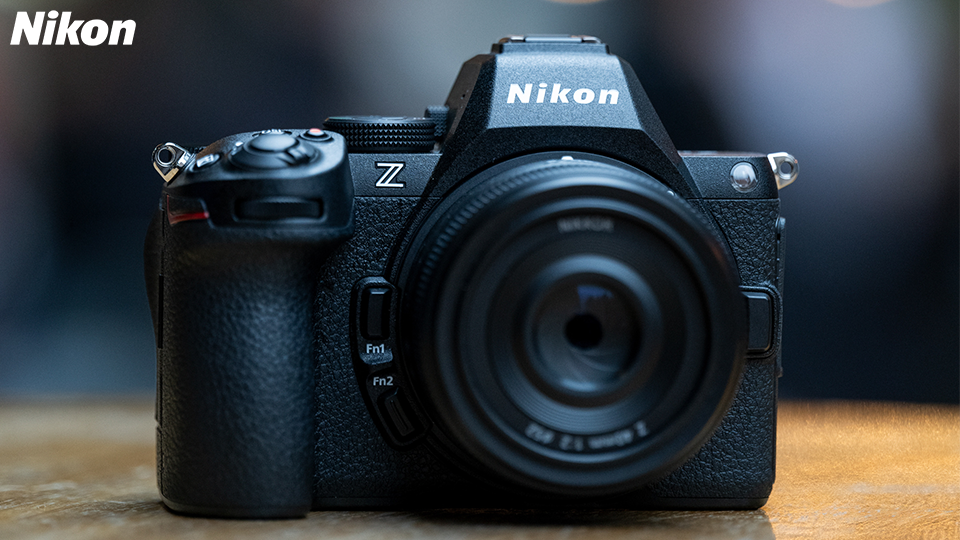




































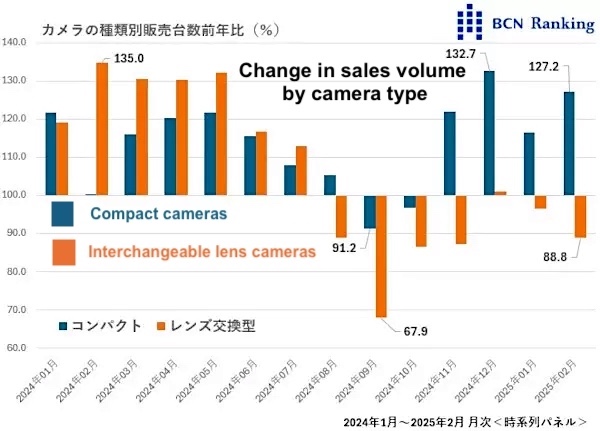

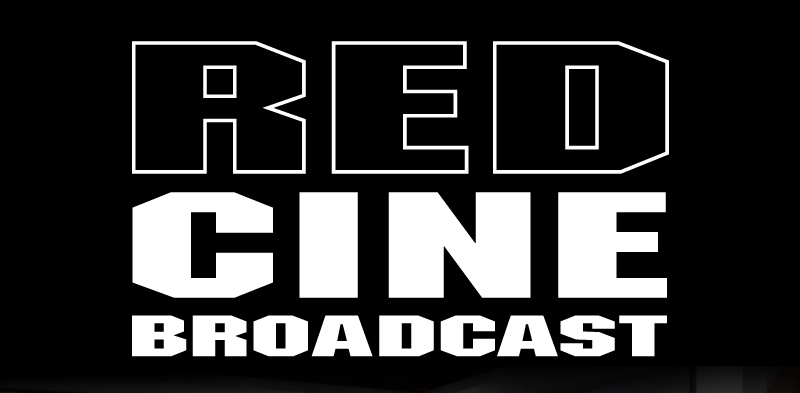













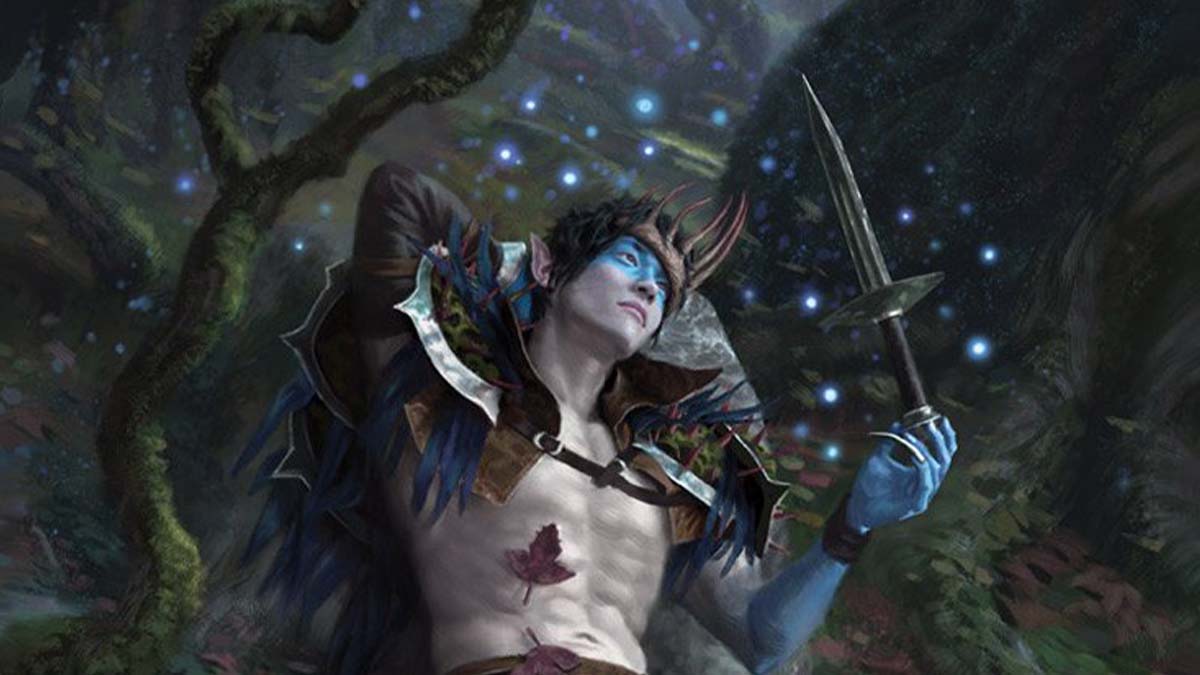


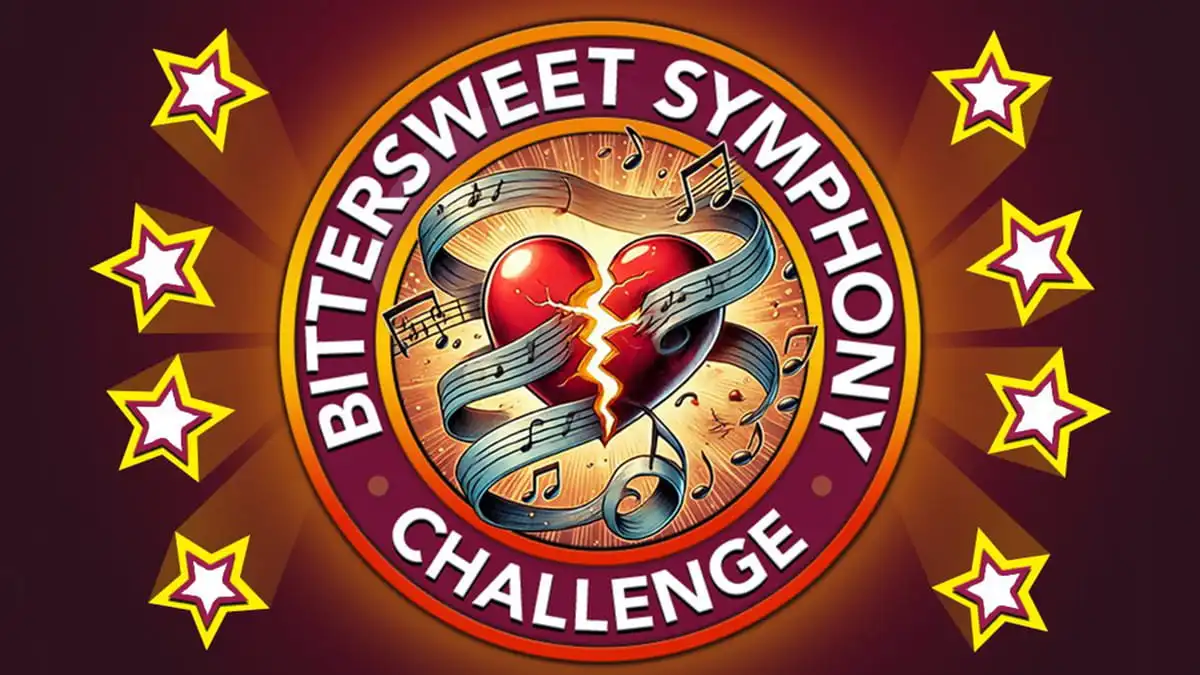



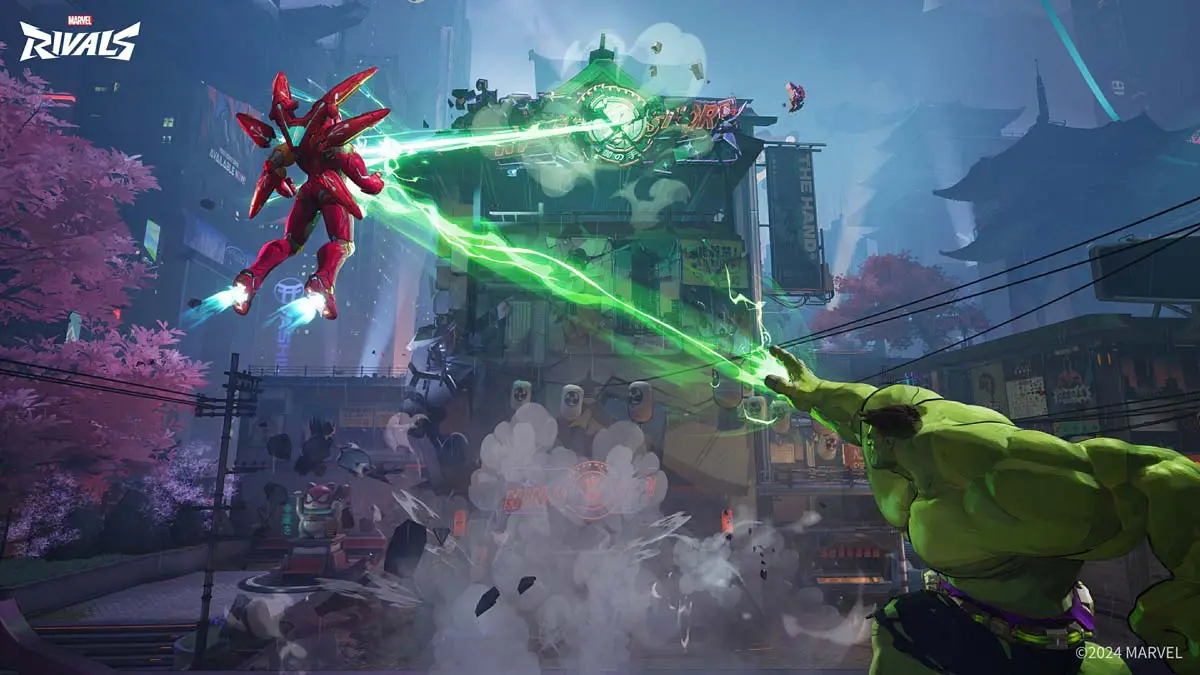
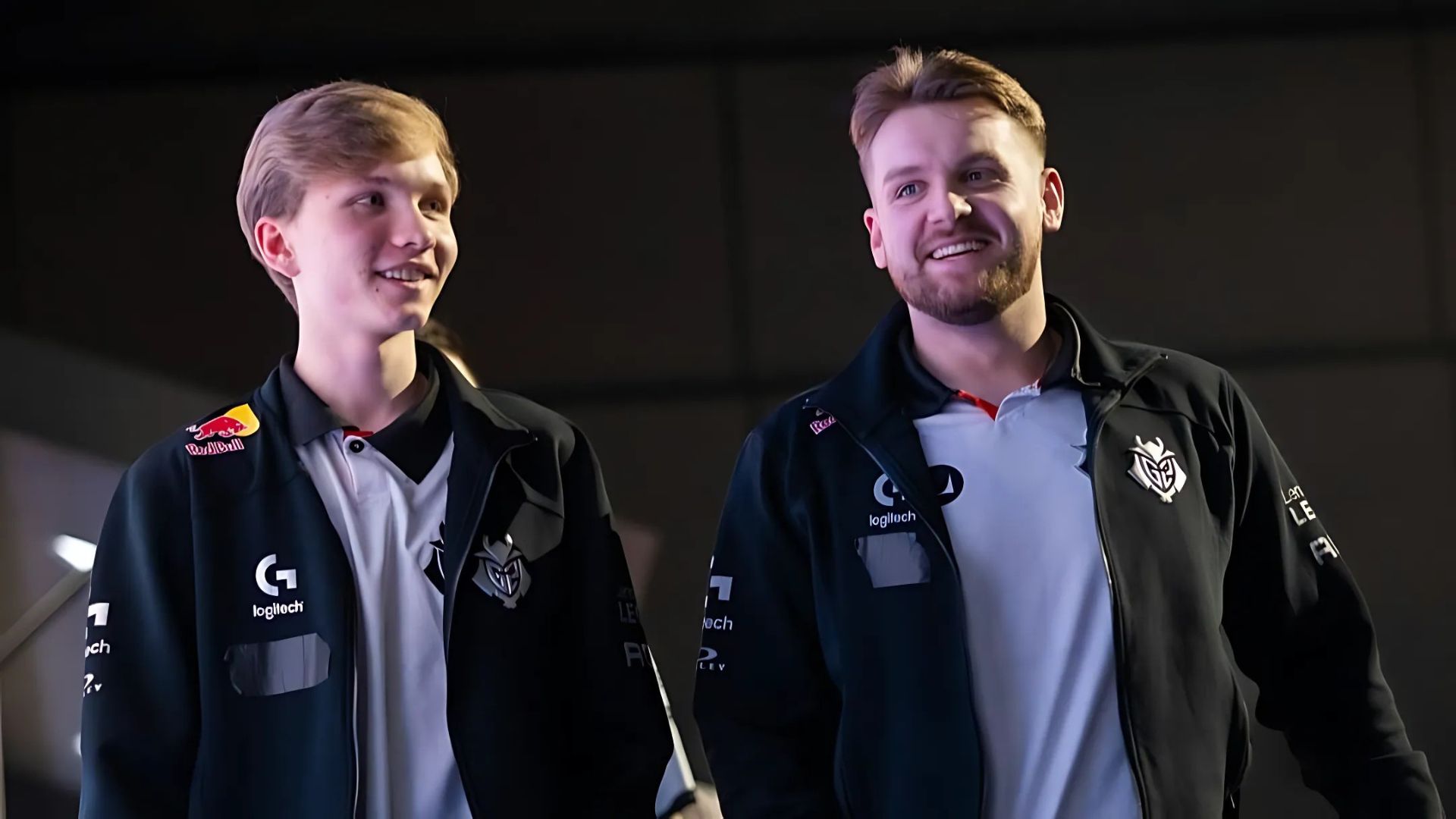
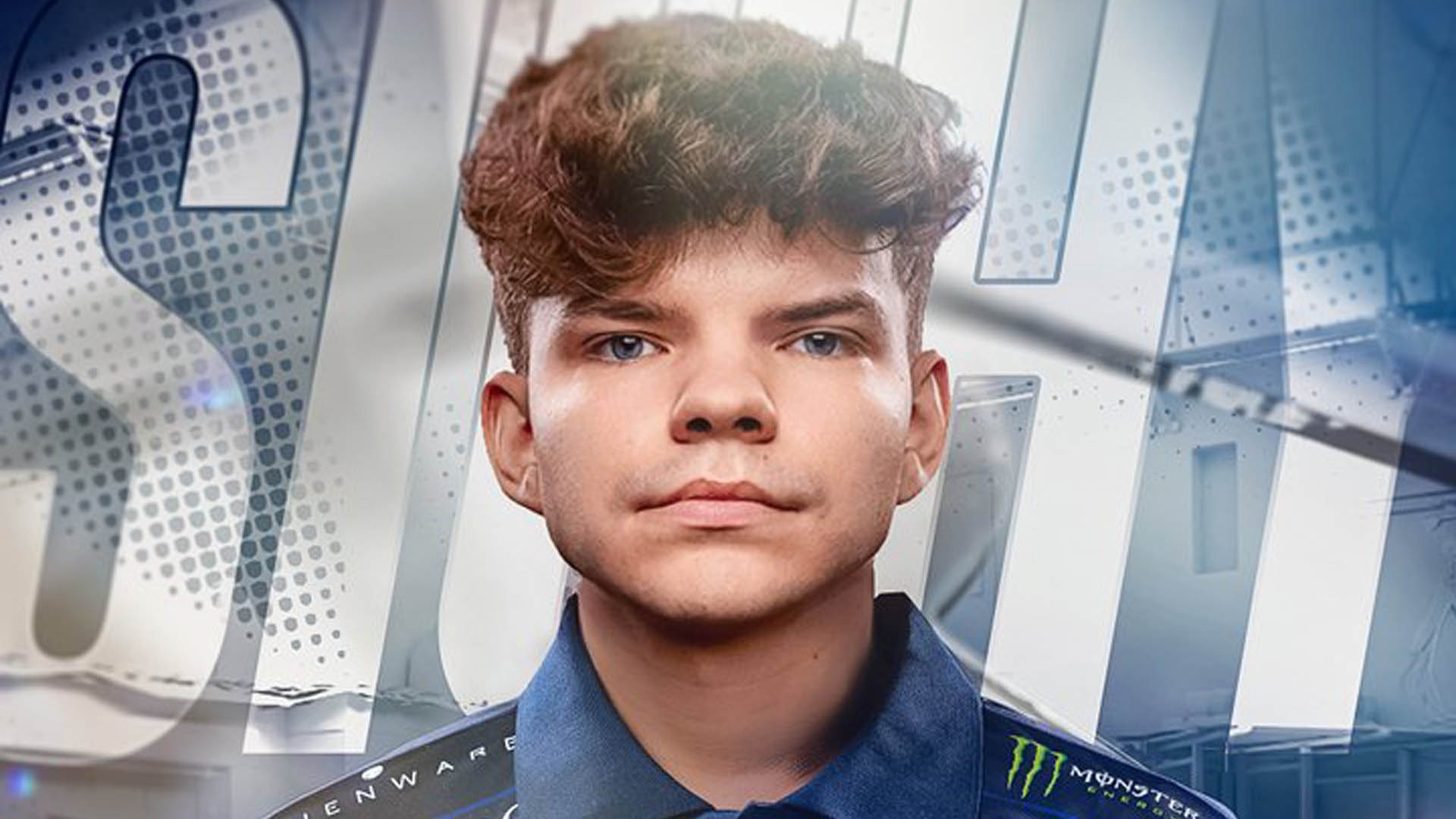

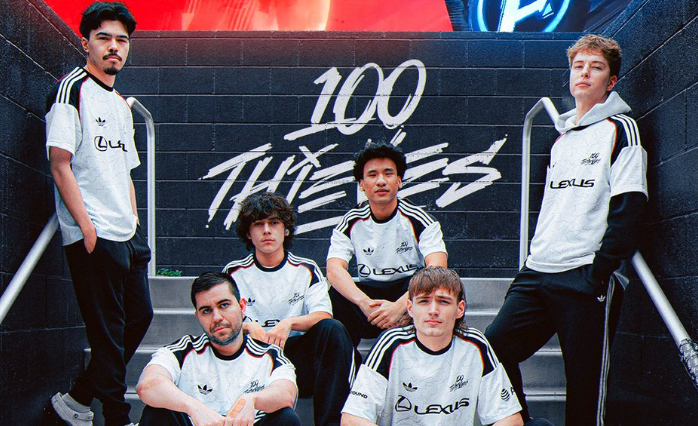

















































































































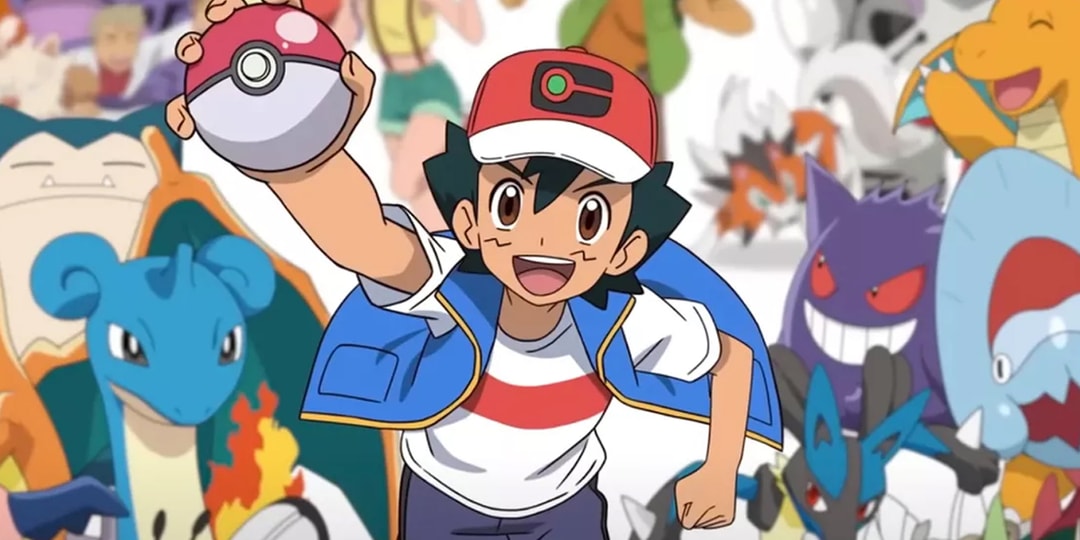




.jpg)
.jpg)




